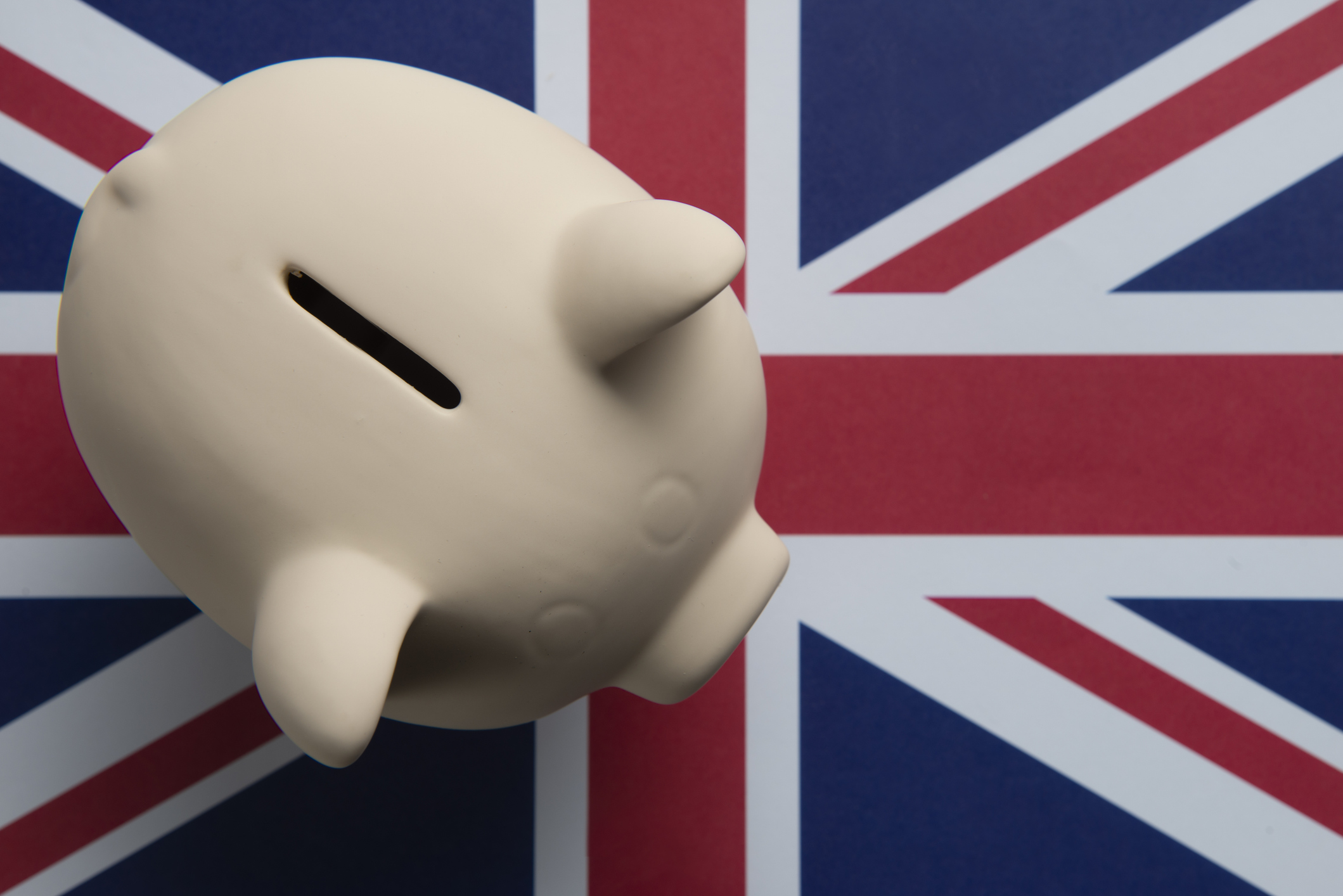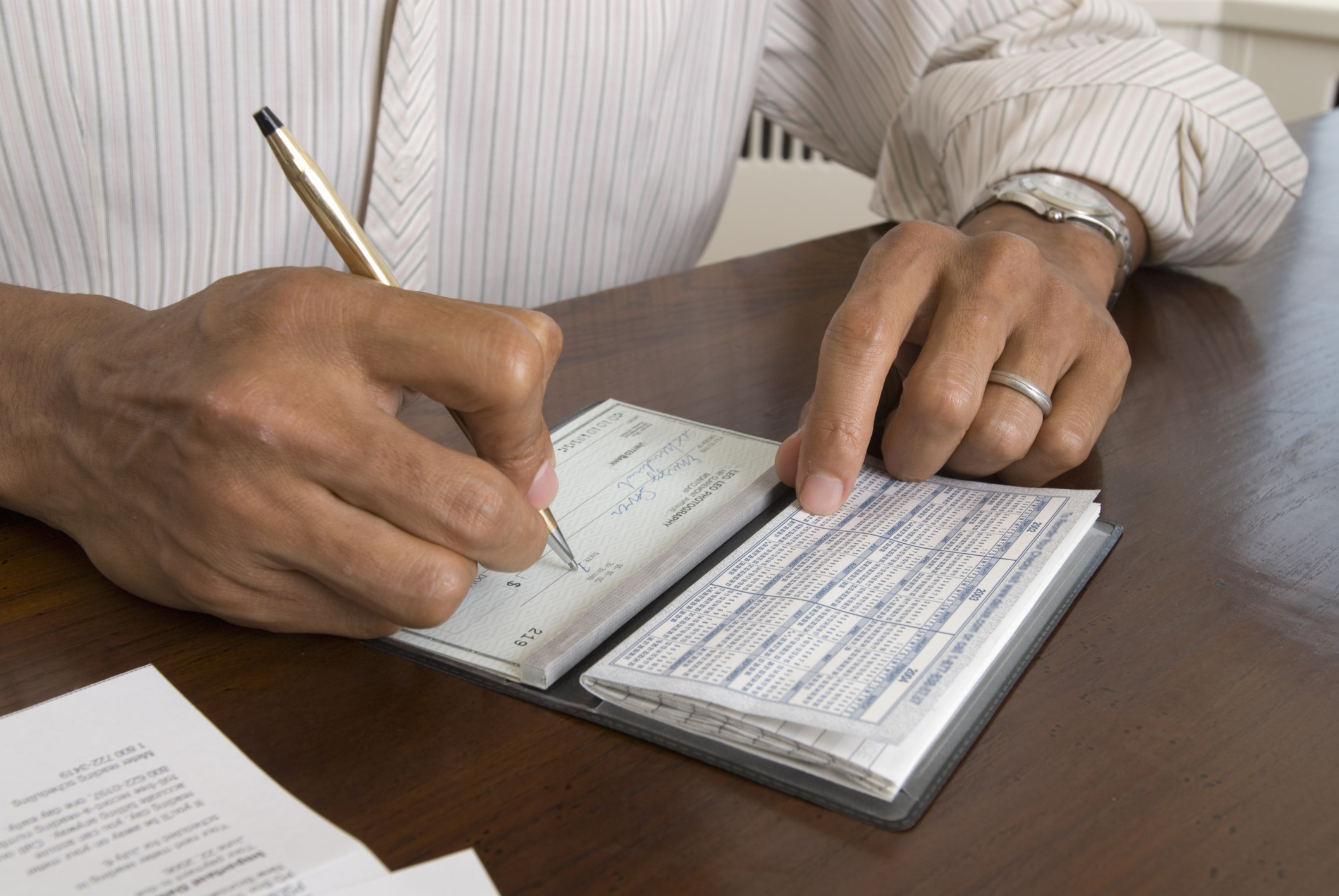FCA: Banks with lowest savings rates to face “robust action”
The regulator has unveiled a new 14 point plan that will force savings providers to justify low interest rates on easy access savings accounts - will your savings get a boost?


Get the latest financial news, insights and expert analysis from our award-winning MoneyWeek team, to help you understand what really matters when it comes to your finances.
You are now subscribed
Your newsletter sign-up was successful
Want to add more newsletters?

Twice daily
MoneyWeek
Get the latest financial news, insights and expert analysis from our award-winning MoneyWeek team, to help you understand what really matters when it comes to your finances.

Four times a week
Look After My Bills
Sign up to our free money-saving newsletter, filled with the latest news and expert advice to help you find the best tips and deals for managing your bills. Start saving today!
The Financial Conduct Authority (FCA) is cracking down on savings providers that aren’t passing rising interest rates onto customers following new consumer duty rules which came into play today.
The FCA met with some of the country’s biggest lenders early July to tell them to speed up savings rates increases. But it has now announced providers will have to prove they’re offering “fair value”, otherwise it will take “robust action” by the end of 2023.
The regulator announced a 14-point action plan to ensure savings rates are being passed on appropriately. The Bank of England’s base rate is currently 5%, which should in theory mean higher savings rates.
MoneyWeek
Subscribe to MoneyWeek today and get your first six magazine issues absolutely FREE

Sign up to Money Morning
Don't miss the latest investment and personal finances news, market analysis, plus money-saving tips with our free twice-daily newsletter
Don't miss the latest investment and personal finances news, market analysis, plus money-saving tips with our free twice-daily newsletter
But the rates on most products remain paltry, especially when compared to the rapidly rising rates on mortgages.
Here’s what the FCA announced, and how it could affect your savings.
FCA cracks down on poor savings rates
The FCA found the largest lenders have passed only 28% of the base rate increases on to easy access accounts. As for fixed savings accounts, banks have passed on about 51% of rate increases.
“Given how people have seen interest rates on their mortgages, credit cards and loans soar, this is grossly unfair,” says Helen Morrissey, head of retirement analysis at Hargreaves Lansdown.
As part of its action plan the FCA will review the timing of firms’ savings rate changes each time there is a base rate change, as this is when providers should be upping their rates.
The Bank of England is expected to hike interest rates at least twice more this year, meaning lenders should be revising their rates regularly.
The FCA will also publish an analysis every six months of firms’ easy access savings rates, looking at the difference between on and off-sale savings deals.
“Banks have been slow to increase rates on cash savings -particularly those in easy access accounts and we’ve seen a gulf emerge in the market between smaller firms offering better rates than their larger, more established competitors,” adds Morrissey.
Currently the best easy access savings account is the Oxbury Personal Easy Access Account. It offers a rate of 4.55%, and can be opened with £1,000.
While the rates on easy access accounts have climbed over the past few months and several providers are offering rates over 4.5%, this continues to lag behind the base rate – not to mention inflation, which is currently sitting at 7.9%, which means consumers are not making any real returns.
The best one-year fixed account savings account is the FirstSave 1 Year Fixed Bond, which offers 6.1% AER. You can open it with £1,000.
The FCA also said firms need to prompt savers with accounts paying little or no interest to look at better options.
What does “robust action” mean?
The regulator said it will take “robust action” in just a few months’ time if firms don’t demonstrate fair value. It added this could include fines.
“Saving rates have picked up thanks, in part, to intense scrutiny from the FCA and MPs who have challenged some banks and building societies that had been miserly with their savings rate increases,” says Myron Jobson, senior personal finance analyst at interactive investor. “The regulator hopes that its 14-point action plan will keep up the pressure.”
“However, any reprieve in cash savings rates is being drowned out by the stubborn persistence of high inflation - with the real value of savings remaining in the doldrums,” adds Jobson.
“Those who can afford to put money away for five years or more should consider investing for the potential of long-term inflation-beating returns that far outstrip savings rates.” We expand on this in our article: Savings vs investing: which is better to help you make more money?
Get the latest financial news, insights and expert analysis from our award-winning MoneyWeek team, to help you understand what really matters when it comes to your finances.
Nic studied for a BA in journalism at Cardiff University, and has an MA in magazine journalism from City University. She has previously worked for MoneyWeek.
-
 How a ‘great view’ from your home can boost its value by 35%
How a ‘great view’ from your home can boost its value by 35%A house that comes with a picturesque backdrop could add tens of thousands of pounds to its asking price – but how does each region compare?
-
 What is a care fees annuity and how much does it cost?
What is a care fees annuity and how much does it cost?How we will be cared for in our later years – and how much we are willing to pay for it – are conversations best had as early as possible. One option to cover the cost is a care fees annuity. We look at the pros and cons.
-
 Why pension transfers are so tricky
Why pension transfers are so trickyInvestors could lose out when they do a pension transfer, as the process is fraught with risk and requires advice, says David Prosser
-
 Brits leave £31.6 billion in savings accounts paying 1% interest or less – do you need to switch?
Brits leave £31.6 billion in savings accounts paying 1% interest or less – do you need to switch?Eight million Brits hold money in savings accounts that pay 1% interest or less, meaning the value of their cash is being eroded by inflation.
-
 Buying vs renting: is is better to own or rent your home?
Buying vs renting: is is better to own or rent your home?The higher mortgage rates of recent years have actually made renting comparatively cheaper, analysis suggests. But there are hidden costs to long term renting.
-
 Hargreaves Lansdown launches first cash ISA – how does it compare?
Hargreaves Lansdown launches first cash ISA – how does it compare?Hargreaves Lansdown is offering an own brand cash ISA for the first time with their new easy-access account. How does the interest rate compare to other products?
-
 Is Britain heading for a big debt crisis?
Is Britain heading for a big debt crisis?Opinion Things are not yet as bad as some reports have claimed. But they sure aren’t rosy either, says Julian Jessop
-
 ‘My NS&I one-year British Savings Bond is maturing – what should I do with my savings?
‘My NS&I one-year British Savings Bond is maturing – what should I do with my savings?Thousands of savers will see their fixed-rate savings accounts mature next month. We consider whether you should stick with NS&I or move to a competitor
-
 How to pay in a cheque
How to pay in a chequeReceiving or writing a cheque has become much less common in recent years as instant bank transfers have grown in popularity. Amid widespread bank branch closures, we explain what to do if you get a cheque, and how you can pay one into your bank account.
-
 ‘Current account coasters’ are leaving billions of pounds languishing in low interest accounts
‘Current account coasters’ are leaving billions of pounds languishing in low interest accountsThe average saver with £10,000 or more in their zero interest current account is missing out on over £1,500 in potential interest payments, new research has revealed.
